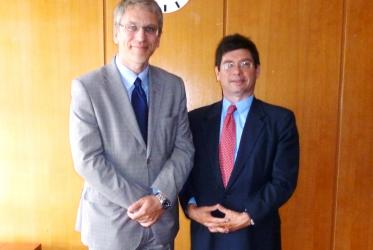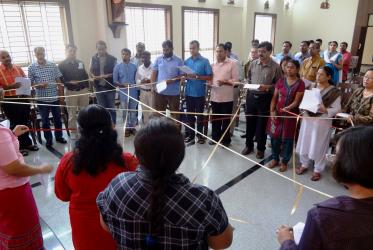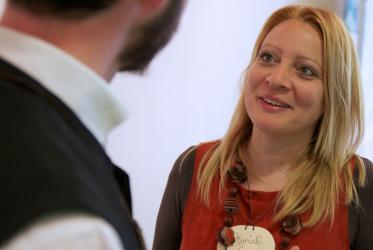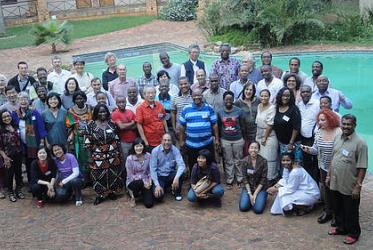Displaying 1301 - 1320 of 1548
28 August 2013
Indian churches reflect on the WCC assembly theme
26 August 2013
WCC expresses condolences at death of Brother Jeffrey Gros
13 August 2013
Faith leaders promote protection of displaced people
25 July 2013
Anglicans and Lutherans join hands in Ottawa
11 July 2013
Proclaiming God of life entails mission from the margins
15 April 2013
Churches must create and sustain healthy communities
09 April 2013
A church that listens fosters healthy communities
15 March 2013












